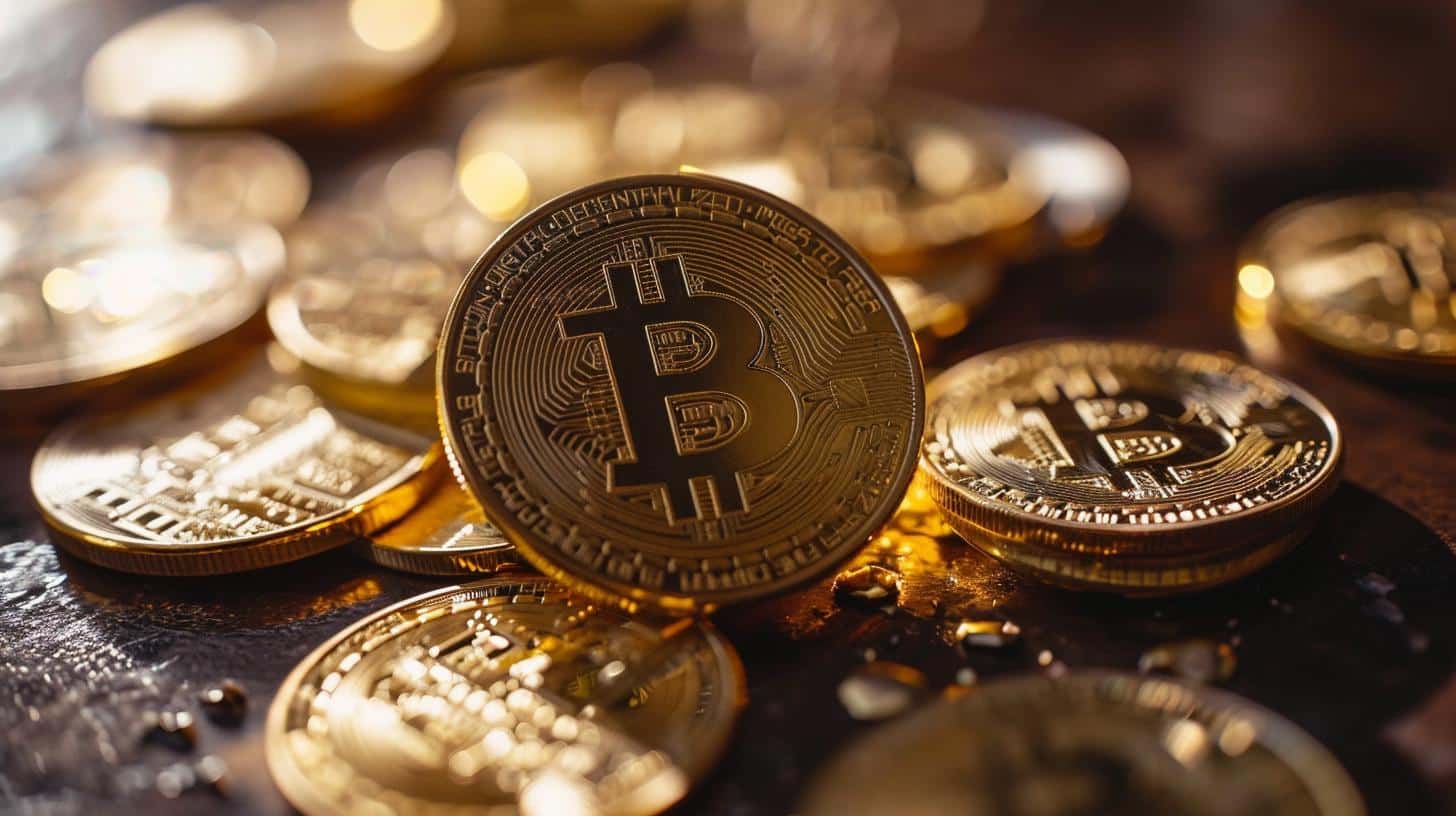PayPal Integrates Cryptocurrency into Peer-to-Peer Payments
PayPal, which boasts over 400 million active users worldwide, announced a significant expansion of its cryptocurrency services by enabling direct peer-to-peer (P2P) transfers of digital assets. The new functionality allows users to send Bitcoin (BTC), Ethereum (ETH), and PayPal’s own dollar-pegged stablecoin, PYUSD, to friends, family, and external wallets.
The company introduced a feature called PayPal links, which generates personalized one-time payment links within the PayPal app. These links can be shared via text message, email, or chat platforms, simplifying the process of requesting and sending payments. The rollout begins in the United States, with plans to extend the service to the United Kingdom, Italy, and other international markets later this year.
Expanding Crypto Utility Across Platforms
Users will be able to send cryptocurrencies and stablecoins not only to other PayPal and Venmo accounts but also to compatible external wallets. This approach marks a departure from purely custodial crypto services, edging closer to the decentralized peer-to-peer model originally envisioned in blockchain technology. Importantly, personal transfers between friends and family will not generate 1099-K tax forms, as these transactions are exempt from such reporting rules.
These enhancements are part of PayPal World, the company’s new interoperability framework designed to facilitate seamless cross-border payments and wallet connectivity.
Building on a Growing Crypto Ecosystem
This latest development follows a series of strategic moves by PayPal to deepen its engagement with digital assets. Earlier in 2024, PayPal launched “Pay with Crypto,” a blockchain-based payment settlement system enabling U.S. merchants to accept over 100 cryptocurrencies. Additionally, PayPal expanded its Venmo and PayPal crypto offerings to include tokens such as Chainlink (LINK) and Solana (SOL).
PayPal’s PYUSD stablecoin has seen notable adoption, with its market capitalization nearing $1.3 billion, underscoring the increasing role of stablecoins in digital payments.
Contextualizing the P2P Crypto Push
Peer-to-peer payments have long been heralded as a core use case for cryptocurrencies, echoing the vision laid out in Bitcoin’s original white paper by Satoshi Nakamoto. While PayPal remains a centralized payment processor, enabling direct crypto transfers to external wallets represents a significant step towards the decentralized ideals of blockchain technology.
Other centralized entities are exploring similar territory; for example, crypto exchange Kraken recently launched Krak, an app facilitating cross-border digital asset transfers.
Stablecoins, in particular, are reshaping remittance corridors and P2P payments due to their potential to drastically reduce transaction costs. The World Bank estimates stablecoin-based payment rails could cut costs by up to 92%.
However, some institutions remain cautious. The Bank for International Settlements has expressed concerns about stablecoins, suggesting they do not fully adhere to fundamental monetary principles and function more as financial assets than true currencies.
FinOracleAI — Market View
PayPal’s expansion into direct P2P cryptocurrency transfers and the introduction of PayPal links represent a strategic move to increase crypto adoption among its vast user base. By supporting major cryptocurrencies and its own stablecoin, PayPal is positioning itself to capture growing demand for seamless digital asset payments.
Risks include regulatory scrutiny around stablecoins and potential user adoption barriers outside the US initial rollout. Investors should monitor the pace of international expansion and user engagement metrics.
Impact: positive













